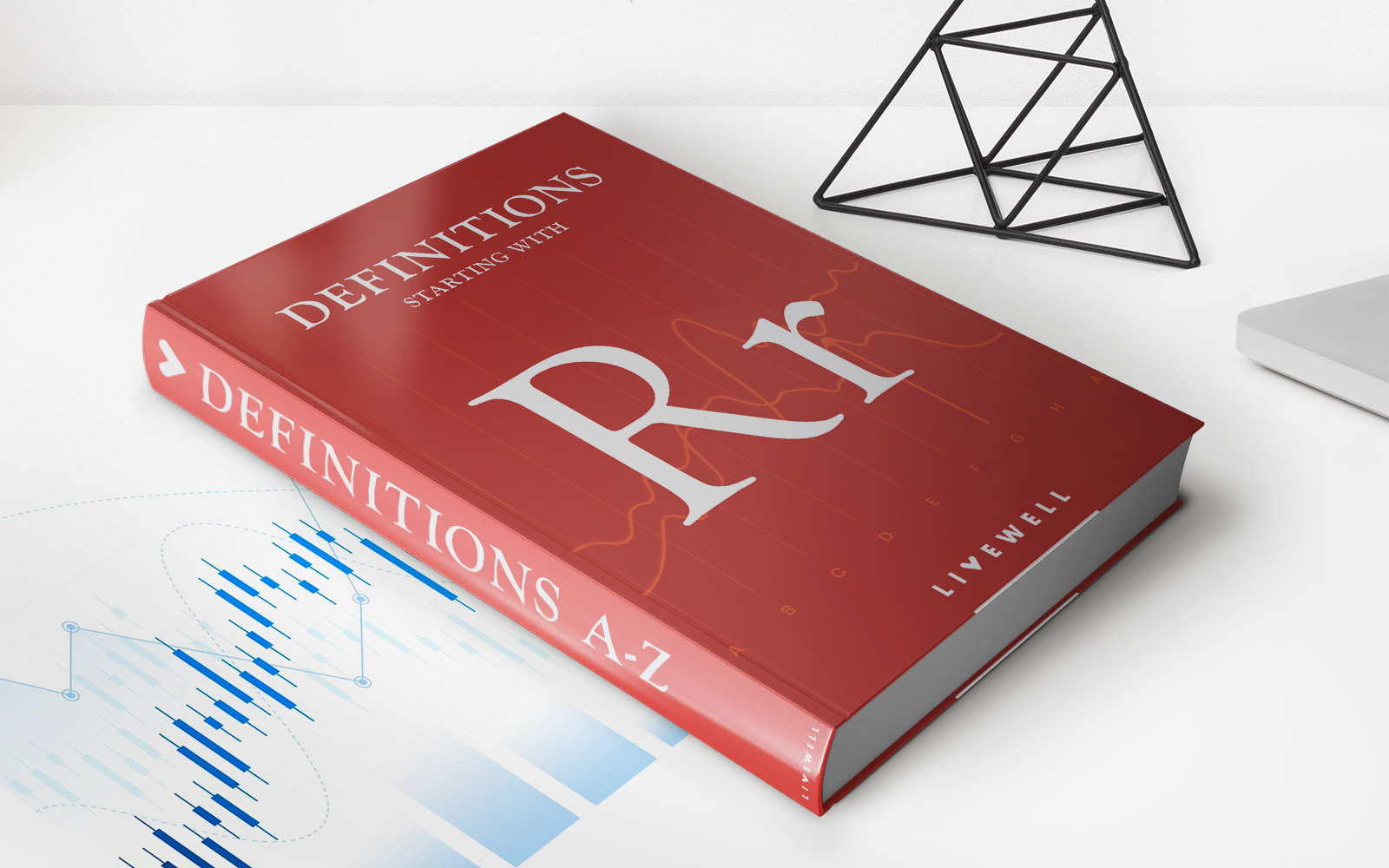Home>Finance>Obligor: Definition, Responsibilities, Scenarios, And Types


Finance
Obligor: Definition, Responsibilities, Scenarios, And Types
Published: January 2, 2024
Learn about the obligations in finance, including definitions, responsibilities, scenarios, and types. Gain a deeper understanding of the role of an obligor in the financial realm.
(Many of the links in this article redirect to a specific reviewed product. Your purchase of these products through affiliate links helps to generate commission for LiveWell, at no extra cost. Learn more)
The Obligor: Definition, Responsibilities, Scenarios, and Types
Welcome to our Finance category blog post! In today’s article, we will dive into the fascinating world of obligors. But wait, what exactly is an obligor? Let’s find out together!
Key Takeaways:
- An obligor is a person or entity that has an obligation to fulfill a certain task or duty.
- Obligors can be individuals, businesses, or even governments.
Now that we have our key takeaways, let’s explore the concept of obligors in more detail.
Understanding the Obligor
Have you ever borrowed money from a bank for a car or a mortgage? Then you have experienced the role of an obligor firsthand. In simple terms, an obligor is a person or entity that has a legal or moral responsibility to fulfill a particular obligation or duty. This could be a payment, the completion of a project, or the delivery of goods or services.
An obligor can be an individual, a corporation, a government entity, or any other form of organization. To put it simply, anyone who has taken on a responsibility and is obligated to fulfill it is an obligor.
Responsibilities of an Obligor
When someone becomes an obligor, they acquire certain responsibilities. These responsibilities may vary depending on the nature of the obligation, but here are some common ones:
- Payment: One of the most common obligations involves making regular payments. This could be in the form of loan repayments, rent, or any other financial commitment.
- Delivery: In some scenarios, an obligor is responsible for delivering goods or services within a specified timeframe. Failure to do so can result in legal consequences.
- Performance: Obligors may be required to perform certain tasks or duties according to a contract or agreement.
- Compliance: Obligors have a responsibility to comply with all applicable laws, regulations, and contractual terms related to their obligation.
- Indemnification: In certain cases, an obligor may need to indemnify or compensate another party for any losses incurred due to a breach of obligation.
Scenarios Involving Obligors
Obligors play a crucial role in various scenarios. Here are a few examples:
- Consumer Debt: When individuals take out loans or use credit cards, they become obligors responsible for repaying the borrowed amount.
- Corporate Bonds: Companies may issue bonds to raise funds, making them obligors responsible for making interest and principal payments to bondholders.
- Contracts: Any contractual agreement entails obligations for all parties involved, making them obligors with specific responsibilities.
Types of Obligors
Obligors can be categorized into different types based on their nature and role. Here are a few common types:
- Individual Obligors: This includes individuals who have taken on personal obligations such as loans, mortgages, or rental agreements.
- Corporate/Business Obligors: Companies and businesses that have financial obligations, contracts, or legal responsibilities fall into this category.
- Government Obligors: Governments, both on a national and local level, are obligors responsible for fulfilling financial commitments, providing services, and adhering to legal obligations.
- Guarantor Obligors: Sometimes, individuals or entities act as guarantors or co-signers, sharing the obligation of another person or organization.
By understanding the concept of obligors and their responsibilities, you can gain a deeper insight into the financial and legal dynamics that underpin various transactions and agreements.
So the next time you come across the term “obligor,” you’ll have a better grasp of its meaning and significance in the financial world. Remember, whether it’s a consumer debt, a business contract, or a government commitment, obligors are the ones who hold the responsibility to fulfill their obligations.














